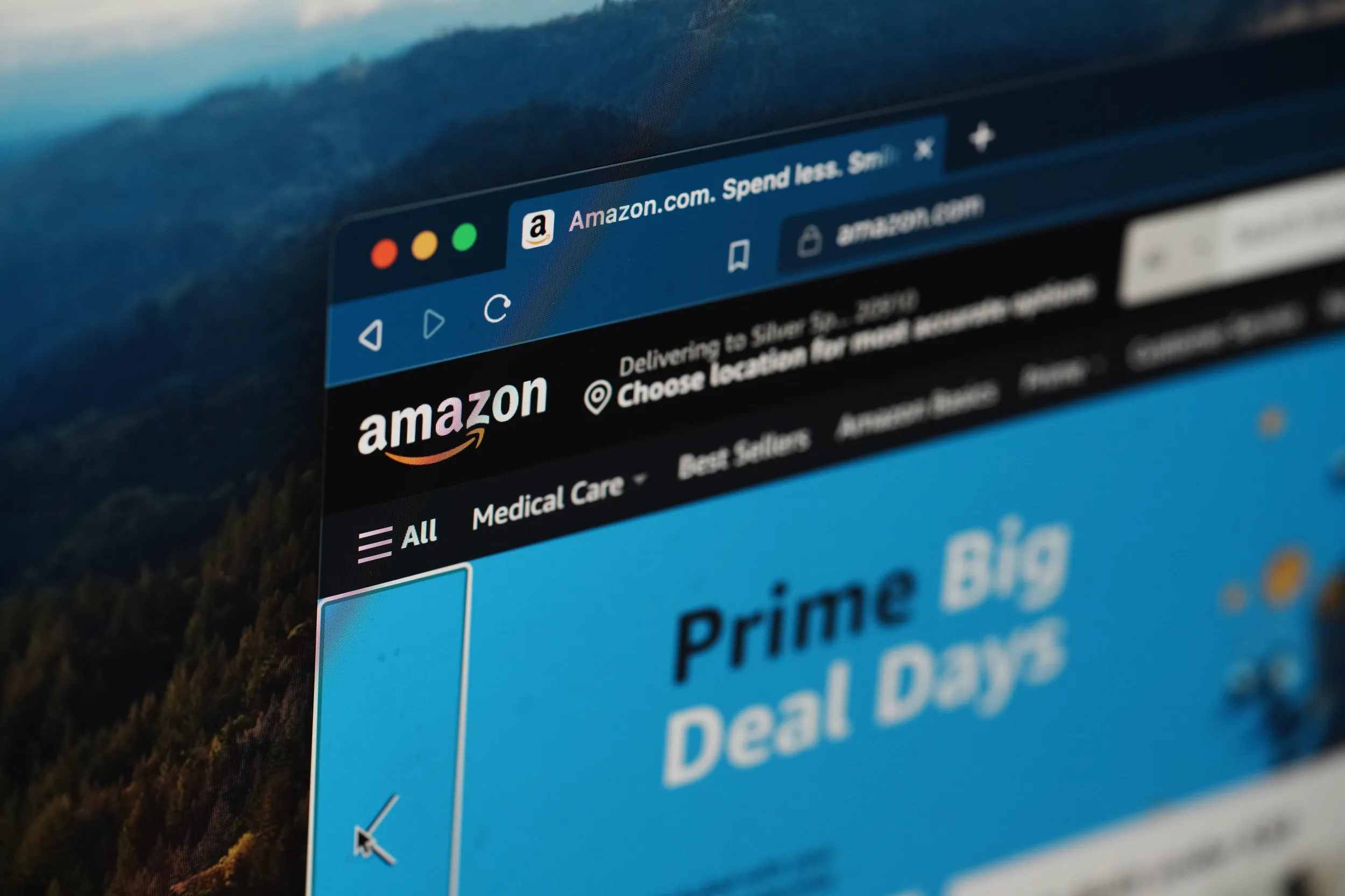Why An FTC Case Against Google Is A Really Bad Idea (Part III)
[This series of posts dissects the threatened FTC antitrust case against Google and concludes that a monopolization prosecution by the federal government would be a very bad idea. We divide the topic into five parts, one policy and four legal. Check out Part I, Part II, Part III, Part IV, Part V. Check out the whole series as one long post.]
Antitrust law is characterized by rigorous, fact-intensive analysis, so much so that the prevailing jurisprudence holds that market definition (explored in Part II) generally should not be resolved on the “pleadings” alone, in other words without factual discovery. Nothing typifies the demanding analytical framework of antitrust more than monopoly power, part of the first element of a Section 2 monopolization case — possession of monopoly power in the relevant market. With respect to monopoly power, the potential case of FTC v. Google, Inc. will likely run into some especially significant barriers, no pun intended.
3. Google Has No Monopoly Power, Even In Internet Search/Advertising
There’s precious little room in a relatively brief blog series to expound on all the various elements that factor into a judicial finding of monopoly power. The basic principle is that a high market share (typically 70% or more), coupled with barriers to entry, allows an inference of monopoly power to be drawn. But like nearly all legal inferences that’s merely a rebuttable, prima facie construct, as direct proof of the “power to control price or exclude competition” is the best evidence of monopoly. (It’s just hard to find.)
This author has written elsewhere about The Fantasy Google Monopoly, in which I noted that “the reality is that Google neither acts like nor is sheltered from competition like the monopolists of the past, something the company’s critics never claim because they just can’t.”
Like the Red Queen in Through the Looking Glass, Google succeeds only by running faster than its competitors — merely to stay in the same place. There’s nothing about Internet search that locks users into Google’s search engine or its many other products. Nor is new entry at all difficult. There are few, if any, scale economies in search and the acquisition of data in today’s digital environment is relatively cost free. Microsoft’s impressive growth of Bing in a mere two or so years shows that new competition in search can come at any time.
While that sums up, rather cogently I must say, the antitrust analysis, let’s go to the coaches’ tape and break it down.
No Bottleneck or “Gateway” Control. Ten years ago, when the FCC and FTC both believed America Online — which boasted a very high share of dial-up Internet access — had monopoly power, the (fleeting) conclusion rested on the fact that AOL controlled access by its customers to the Internet and thus competing Internet content. Much like the pre-divestiture AT&T Bell System, the concern was that AOL held a “bottleneck” through which consumers had to pass to reach rivals. Yet Google does not own the Internet’s tramsission lines or 4G spectrum, and is thus not a bottleneck. Regardless of search share or volume, the reality is that Google has no control over the content its search users can access on the Internet. Web search is one of many ways, together with links, URLs, browser bookmarks, directories, QR codes, email marketing and uncountable others, for Internet sites to drive traffic and hits. Google is not a gateway so much as it is a highly and quickly searchable index of the Web. When there’s a host of other ways to find a page, the index itself is just a convenience, as much for bound books as for Web sites.
No Power Over Price. Whether search ad rates are the price of search or alternatively the relevant antitrust market itself, they fail on the central monopoly power criterion of control over price. As micro-economics teaches, a monopolist can increase prices above marginal costs, resulting in a “deadweight” loss to consumer welfare. Yet Google’s search ads are priced via an auction system — the highest bidder for an advertising keyword buys the ads (as many or as few as it wants) at the winning bid price. Certainly, there are ways to game any auction to favor some bidders over others or to exert indirect influence on the wining auction price. But so far as we can tell, such a theory of pricing power is not involved in the FTC’s threatened monopolization claim against Google. And if it were, that case would be even harder to prove than this overview analysis concludes.
No Network Effects. Nothing symbolizes modern antitrust so much as an emphasis on so-called “network effects.” Network effects exist when the value of a product increases in proportion to the number of other users of the product, hence a name which originated in telephone antitrust cases, where subscriber demand for service rose in proportion to the number of interconnected telephone companies (and thus other telephone subscribers) the end user could call. Network effects are in part a barrier to entry, by increasing requirements for scale economies by new firms, and a source of power to exclude rivals, by allowing the dominant network effects firm to deny competitors critical mass. Yet there is no, or at least precious little, evidence that with respect to search users and search advertisers, there are any network effects at all involved with Google. That you may conduct Web searches using Google’s engine makes it no more likely that me or any other Web users will select Google for search. That Sears may buy some AdWords keywords for search advertising makes it only slightly if at all more likely (and a consequence of retail competition, not Google) that Macy’s will purchase search ads via a Google auction.
No Entry Barriers. A monopoly in a market in which entry by new competitors is unlimited cannot be sustained for long. Thus, as noted antitrust law couples market share with barriers to entry in assessing monopoly power. It is difficult if not impossible to make a serious case that there are substantial entry barriers in Internet search or advertising. Web page indexing — the key input to search — is a product of raw computing horsepower and storage capacity. Both are commodities with steadily falling prices, per Moore’s law, in today’s Internet economy. That Facebook is planing to launch its own search product says it all: entry into search only requires investment capital, which the antitrust laws rightfully do not regard as an entry barrier. As the UK’s Daily Mail wrote, “Facebook is looking to tackle Google by making search a much more prominent part of it social network.” The Red Queen strikes again.
“Data” Is Not a Search Entry Barrier. Proponents of a Google monopolization prosecution have recently refined their analysis, suggesting that the wealth of demographic data assembled by Google from users’ Web searches is a barrier to entry. That’s a smokescreen. Data about consumer preferences and behavior — aggregated and (much to the annoyance of privacy advocates) individualized — is also a commodity in our modern economy. Whether credit and commercial transaction data via the “big three” credit reporting agencies, product preference and consumer satisfaction data from J.C. Power and the like, or the emerging “big data” marketplace, data can easily be bought, in bulk, for cheap. (The U.S. legal presumption that a company owns, and thus can sell, data about its customers plays into this point, but is not relevant for antitrust purposes.) The corollary to this argument is that economies of scale pose a barrier to entry, an even more subtle concept which, unlike network effects, has not been recognized by mainstream antitrust courts as a dispositive Section 2 factor — every large-scale business enjoys scale economies, after all. Suffice it to say, the FTC would have to make new antitrust law if it relies on this novel theory, which seems to contradict the factual realities of the ubiquitous availability of inexpensive data and data storage on consumer preference and behavior today.
To sum up, claims that Google enjoys monopoly power in Internet search or search advertising fail in the face of the recognized criteria for that crucial Section 2 monopolization factor. Without monopoly power, unilateral (as opposed to concerted among competitors) action by a single firm is of no antitrust significance. Indeed, an implicit — and sometimes articulated — presumption in the arguments in favor of an FTC monopolization case is that Internet search is a “natural monopoly,” one dictated and preordained by the economic structure of the market. As an antitrust lawyer who while with the DOJ in the 1980s railed against the proposition that cable TV represented a natural monopoly — something satellite television and IPTV have at long last conclusively disproven — this author abhors that construct.
Even if they are correct, the parties pressing for government antitrust action against Google cannot claim the courts have ever recognized the concept of natural monopoly as a surrogate for the United States v. Grinnell Corp. requisite demonstration of actual monopoly power, willfully obtained or sheltered by exclusionary practices. We’ll turn to that question, whether Google has engaged in conduct antitrust law deems anticompetitive, next.








